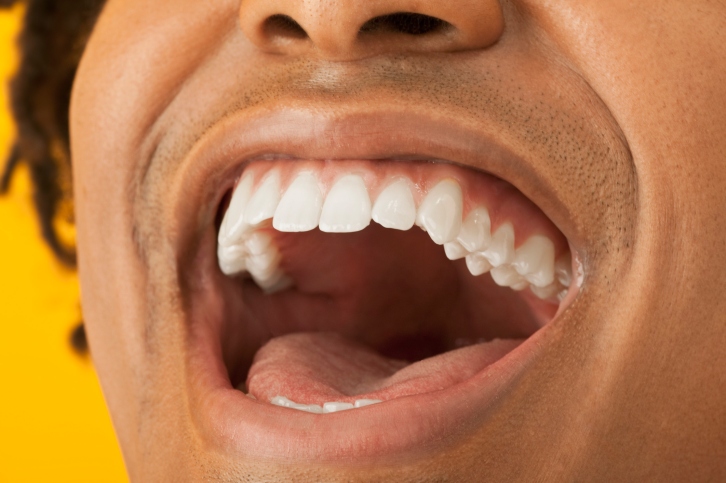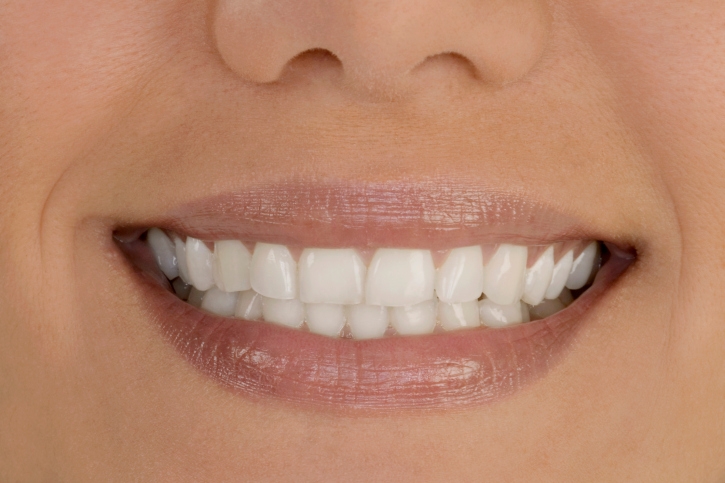 Not every chipped tooth is created equal, but they all represent a degree of hassle, whether that comes from chewing discomfort, a compromised smile or even a risk of infection. At some point, most of us choose to visit our Fort Lauderdale dentist to address the problem and bring our teeth back to their normal look and function.
Not every chipped tooth is created equal, but they all represent a degree of hassle, whether that comes from chewing discomfort, a compromised smile or even a risk of infection. At some point, most of us choose to visit our Fort Lauderdale dentist to address the problem and bring our teeth back to their normal look and function.
The kind of chipped tooth you have will determine the treatment for it:
Chipped Tooth Enamel
Chipped enamel is the most common occurrence – often the unfortunate result of biting into a hard object or hitting your mouth against an unforgiving surface. The enamel is the outermost layer of the tooth, and once it’s chipped, cracked or worn away, it doesn’t grow back. You can recognize an enamel-specific chipped tooth by its rough edges that may rub on your cheek or tongue. In most cases, the discomfort is limited to the surface area, and no bleeding occurs.
First: Cover the chipped tooth with a small amount of orthodontic wax or even sugarless gum to smooth out the surface.
Then: Contact your prosthodontist (cosmetic dentist) to discuss a permanent solution to this chipped tooth. This could be in the form of a porcelain or gold cap; if the chip is large, you may opt to remove the tooth and replace it with an implant.
Fractured Enamel or Dentin, Broken Tooth
Fractured enamel or dentin is a deeper problem. Dentin is a calcified tissue that is protected by the enamel. It serves to surround the pulp and help regenerate the tooth. Though a fractured enamel/dentin tooth may still be in place, this kind of condition can lead to sensitivity to cold or hot objects, and even to air. Left untreated, the exposed pulp can become infected or abscessed.
First: Determine the scope of the discomfort at home. If you feel specific pain because of exposed dentin or pulp, start with an over-the-counter pain reliever (avoid aspirin products, as they can lead to bleeding), or cover the tooth with a teabag.
Then: Call your dentist as soon as possible to fix the fracture. With the dentin at risk, your dentist may recommend removing the chipped tooth and replacing it with an implant. In other cases, a root canal procedure and a crown may save the tooth.
Teeth Knocked out Completely
Teeth knocked out completely through accident and injury are sometimes salvageable in their original form if reimplanted soon enough. The two front teeth are the most likely victims of this condition, though any tooth is prone to being knocked out. Learn more about the dental implants procedure here.
First: Recover the tooth, holding it by the crown and not by the root. If it is still in one piece, rinse it with clear water or milk, and attempt to position it back into the tooth socket. If discomfort or pain makes this impossible, store the tooth in a plastic bag filled with milk.
Then: Seek emergency dental care, preferably within the first hour of the injury. In some cases, your dentist will be able to splint the tooth against adjacent teeth. Recovery time can span two to eight weeks as the bone begins regenerating around the tooth socket. If your visit to the dentist comes at a later date, the tooth may not be salvageable. In that case, a tooth implant or bridge can recover your bite and your smile.
A chipped tooth? Not a smile “deal breaker.” A chipped tooth or even a “knockout” need not ruin your smile. Call on Fort Lauderdale’s leading cosmetic dentist to examine your options. Contact Dr. Stone’s office for a free consultation.



